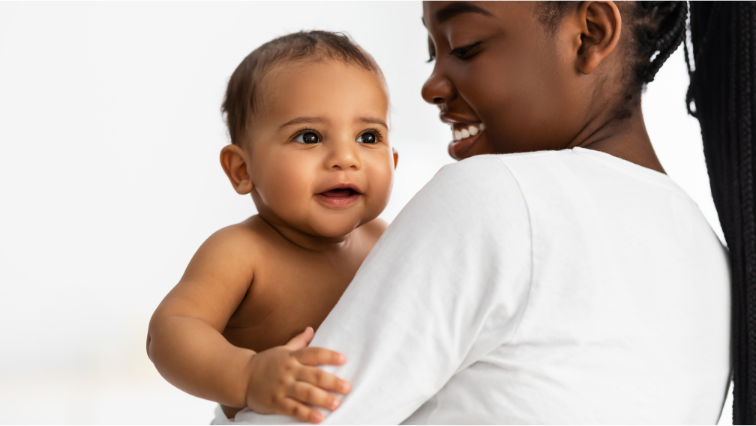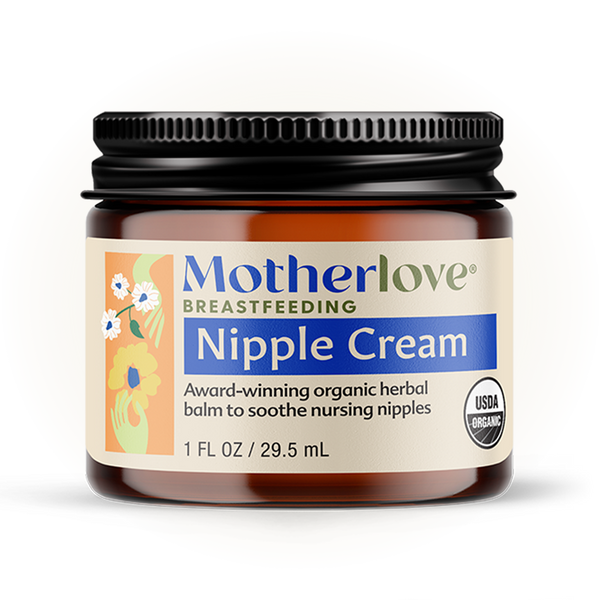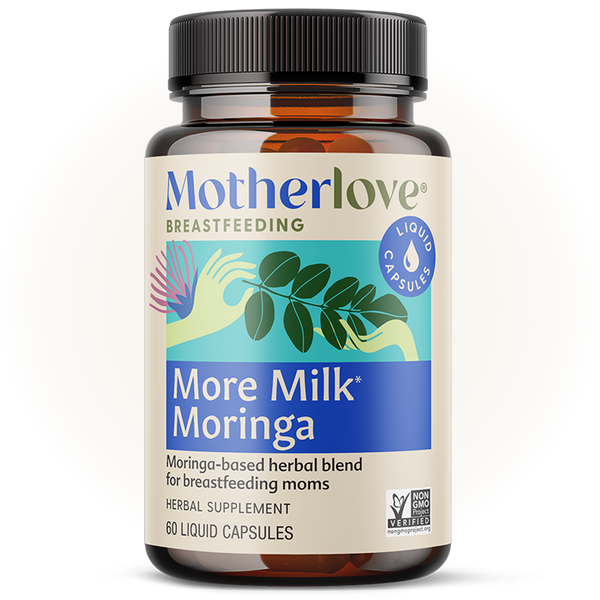Written by: Wendy, IBCLC
One of the amazing things about breastfeeding is that your very own body is producing incredible nutrition for your baby. But many parents wonder if producing this milk will deplete them of nutrients or harm their body in some way. The good news is that as long as you stick to a healthy diet while breastfeeding and make sure to get in some extra calories (breastfeeding parents usually need about 400 additional calories a day), you should be fine.
But what about bone health and breastfeeding? You may have heard that breastfeeding is “bad for your bones.” That’s a scary thought, but thankfully, not entirely accurate. Let’s take a look at how breastfeeding affects our bone health, and why breastfeeding alone doesn’t cause long-term issues with bone health.
WHAT HAPPEN TO BONE HEALTH DURING BREASTFEEDING?
During breastfeeding, we lose a small percentage of our bone mass. It’s also common to lose some bone mass during pregnancy. Research has found that breastfeeding parents lose about 3-5% of their bone mass. This is because of a baby’s added need for calcium, which gets taken from their lactating parent’s bones. It’s also caused by lowered levels of estrogen during breastfeeding (estrogen protects bone health).
This may sound concerning, but it’s important to understand that the drop in bone mass is temporary. Your bone mass will go back to normal levels within a few months after weaning.
HOW MUCH CALCIUM DO BREASTFEEDING PARENTS NEED?
Even though a certain amount of bone mass loss is common during both pregnancy and breastfeeding, parents should still take care to ensure they are getting proper amounts of calcium. Though rare, according to the National Institute of Health, some parents do develop osteoporosis during pregnancy and lactation, usually due to nutritional deficits (this is temporary and can be restored).
Your calcium needs increase significantly during pregnancy and lactation. According to The National Academy of Sciences, pregnant and breastfeeding folks should consume 1,000 mg of calcium per day. It’s best to get calcium from foods, but sometimes your healthcare provider will recommend you take a calcium supplement.
There are many different dietary sources of calcium—and you don’t have to rely on dairy milk to get enough calcium. Some good food sources of calcium include:
- Milk
- Soy milk
- Tofu
- Yogurt
- Cheese
- Spinach
- Collard greens
- Mustard greens
- Bok choy
- Kale
- Sardines
- Salmon
- Tahini
WHAT ARE THE LONG-TERM EFFECTS OF BREASTFEEDING ON BONE HEALTH?
You may be wondering how breastfeeding impacts your long-term bone health. After all, post-menopausal women are prone to osteoporosis (where bones become fragile and brittle) which can increase their risk of bone fracture and back pain.
Most research has found that breastfeeding doesn’t negatively affect your long-term bone health. For example, a 2019 study published in BMC Women’s Health found no correlation between breastfeeding and poor bone health later in life. Study researchers looked at a sample of 202 post-menopausal Chinese women to see if there was a connection between breastfeeding and the development of osteoporosis. The researchers found that previous breastfeeding wasn’t linked to the development of osteoporosis among these women.
However, there were some variables that made the likelihood of developing osteoporosis more likely. These included having a high BMI. Additionally, the older the women were, the higher the likelihood of developing osteoporosis. The more pregnancies they had, the more likely they were to develop it as well.
HOW TO PROTECT BONE HEALTH THROUGHOUT YOUR LIFE
Having strong bones is important throughout your life, and especially when you get older. Protecting your bones starts early, though, and developing bone-healthy habits is super important throughout your life.
Here’s what you to can do to keep your bones healthy, according to the National Institute on Aging:
- Consume foods that are good for bone health: Calcium is important, but you also want to get enough vitamin D and protein on a daily basis.
- Move your body every day: Exercise is important for bone health, including exercises that are weight-bearing in nature.
- Refrain from smoking: Smoking increases your risk of osteoporosis
- Moderate your alcohol intake: Alcohol also increase risk of osteoporosis, so only drink in moderation, if at all
THE BOTTOM LINE
Hearing that breastfeeding can reduce your bone mass is a frightening thought. But there’s really nothing to worry about, because the loss is temporary and normal. That doesn’t mean that staying on top of your calcium intake isn’t important though. So load up on that yogurt, tofu, spinach, and kale!
Please reach out to your doctor, midwife, or lactation consultant if you have any further questions about nutrition during breastfeeding.






